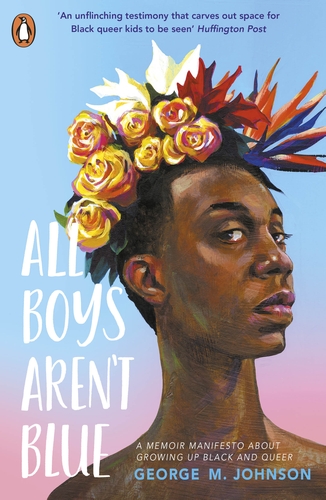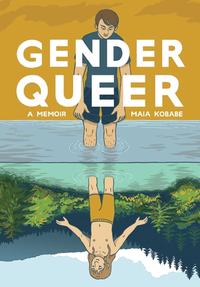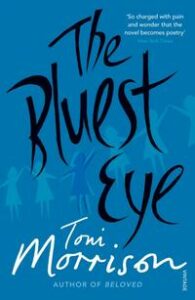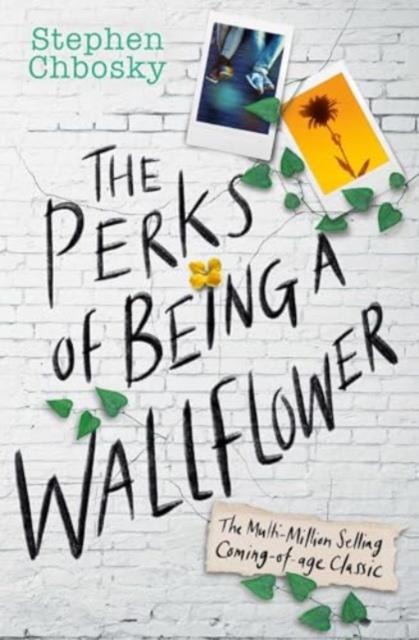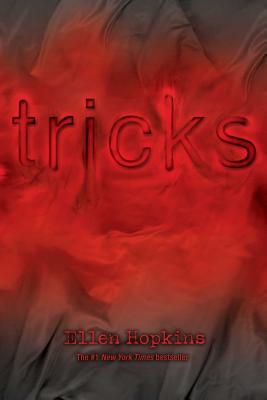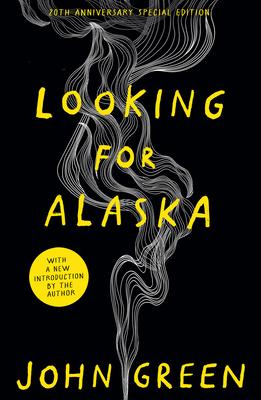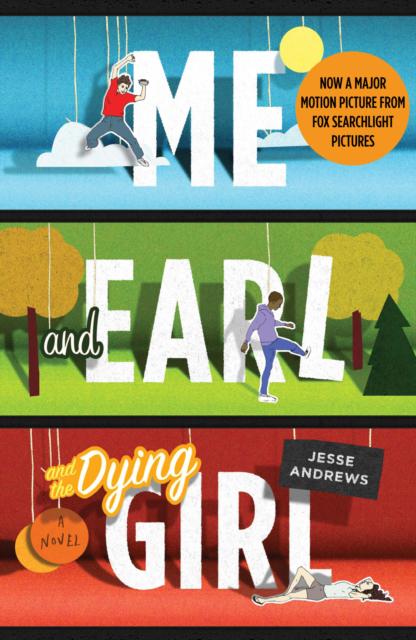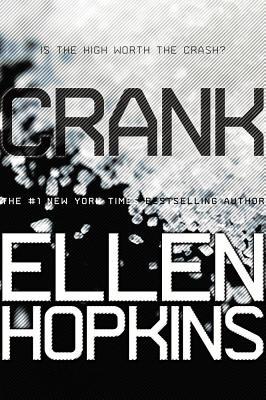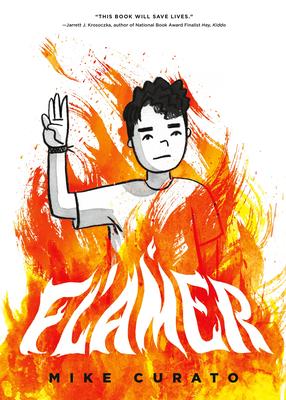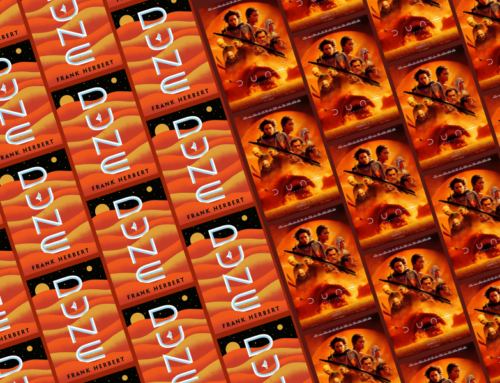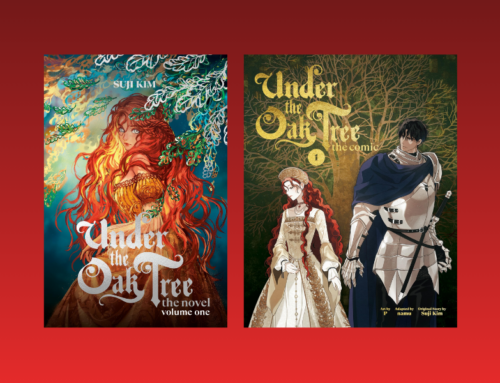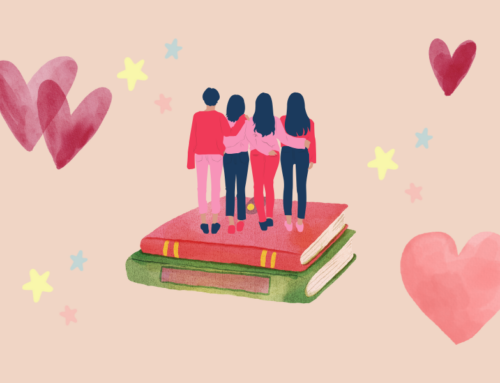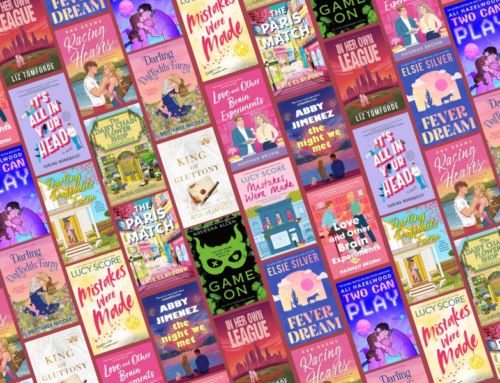By Sophie
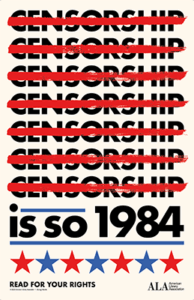 This week, 20-28 September, is the first ever Week van het verboden boek in The Netherlands, and next week, 5-11 October, is Banned Books Week in the U.S. We’re paying attention to it, not just because it is almost an epidemic by now over there, but because it could happen here, too. No books are actually banned from libraries and schools in the Netherlands at the moment, but anything that happens in the U.S. eventually finds its way over here. “There are already individuals wanting to ban books here, it’s only a matter of time before they band together for more impact,” according to Bas Jacobs, one of the organizers of the Index Americana, an exhibition at the Amsterdam public library about banned books in America (you can still visit it until 30 September).
This week, 20-28 September, is the first ever Week van het verboden boek in The Netherlands, and next week, 5-11 October, is Banned Books Week in the U.S. We’re paying attention to it, not just because it is almost an epidemic by now over there, but because it could happen here, too. No books are actually banned from libraries and schools in the Netherlands at the moment, but anything that happens in the U.S. eventually finds its way over here. “There are already individuals wanting to ban books here, it’s only a matter of time before they band together for more impact,” according to Bas Jacobs, one of the organizers of the Index Americana, an exhibition at the Amsterdam public library about banned books in America (you can still visit it until 30 September).
In the U.S., the attempts at banning books became so dogged (and often successful) that it created Banned Books Week, a nationally organized week to highlight which books are challenged, and why. It has been organized since 1982 (!) and sadly has not, in all that time, been needed any less. While the overall number of challenges were down last year (5813 in 2024 vs. 9021 in 2023), over 72% of the people challenging books were elected officials, board members, and administrators – only 16% of the challenges came from parents, showing the increased politicization of books and the freedom to read. More information about book banning can be found in the American Library Association’s annual report on book challenges. (I haven’t been able to find any information or articles about challenged books in the Netherlands, but if you know of any, mail the ABC store of your choice and I’ll be sure to edit it in!)
ALA will also host an online discussion about how to fight book bans with Ibram X. Kendi and The Emancipator on 27 October.
And why, might you ask, are books being challenged and banned? For “false claims of illegal obscenity for minors; inclusion of LGBTQIA+ characters or themes; and covering topics of race, racism, equity, and social justice”. Below you can check out the top 10 most challenged books in the U.S. from 2024. And I think we’ll do well to follow Isaac Asimov’s advice: “Any book worth banning is a book worth reading.”
All Boys Aren’t Blue – George M. Johnson
This powerful YA memoir-manifesto follows journalist and LGBTQ+ activist George M. Johnson as they explore their childhood, adolescence, and college years, growing up under the duality of being black and queer.
From memories of getting their teeth kicked out by bullies at age five to their loving relationship with their grandmother, to their first sexual experience, the stories wrestle with triumph and tragedy and cover topics such as gender identity, toxic masculinity, brotherhood, family, inequality, consent, and Black joy.
Challenged for LGBTQIA+ content and because it was considered sexually explicit.
Gender Queer – Maia Kobabe
In 2014, Maia Kobabe, who uses e/em/eir pronouns, thought that a comic of reading statistics would be the last autobiographical comic e would ever write. At the time, it was the only thing e felt comfortable with strangers knowing about em. Now, Gender Queer is here. Maia’s intensely cathartic autobiography charts eir journey of self-identity, which includes the mortification and confusion of adolescent crushes, grappling with how to come out to family and society, bonding with friends over erotic gay fanfiction, and facing the trauma and fundamental violation of pap smears.
Started as a way to explain to eir family what it means to be nonbinary and asexual, Gender Queer is more than a personal story: it is a useful and touching guide on gender identity–what it means and how to think about it–for advocates, friends, and humans everywhere.
Challenged for LGBTQIA+ content and because it was considered to be sexually explicit.
The Bluest Eye – Toni Morrison
The Bluest Eye is Toni Morrison’s first novel, a book heralded for its richness of language and boldness of vision. Set in the author’s girlhood hometown of Lorain, Ohio, it tells the story of black, eleven-year-old Pecola Breedlove. Pecola prays for her eyes to turn blue so that she will be as beautiful and beloved as all the blond, blue-eyed children in America. In the autumn of 1941, the year the marigolds in the Breedloves’ garden do not bloom. Pecola’s life does change – in painful, devastating ways.
What its vivid evocation of the fear and loneliness at the heart of a child’s yearning, and the tragedy of its fulfillment. The Bluest Eye remains one of Toni Morrison’s most powerful, unforgettable novels- and a significant work of American fiction.
Challenged because it depicts rape, incest, EDI content, and is considered sexually explicit.
The Perks of Being a Wallflower – Stephen Chbosky
Charlie is a shy and introspective teenage boy, a wallflower always standing on the edge of the action. We learn about him through the letters he writes to someone of an undisclosed name, age and gender, a stylistic technique which adds to the heart-wrenching earnestness of the story. More intimate than a diary, Charlie’s letters are singular and unique, hilarious and devastating.
Charlie encounters many of the struggles familiar to everybody from their school days, from making friends, first crushes, experimenting with drugs and sexuality, but he must also deal with his best friend’s suicide and a shocking realisation about his beloved late Aunt Helen which challenges his very grip on reality.
This is a funny, touching, memorable first novel which captures with resounding accuracy the voice of a boy teetering on the brink of adulthood.
Challenged for being sexually explicit, and having LGBTQIA+ content while mentioning rape, drugs and profanity.
Tricks – Ellen Hopkins
“When all choice is taken from you, life becomes a game of survival.”
Five teenagers from different parts of the country. Three girls. Two guys. Four straight. One gay. Some rich. Some poor. Some from great families. Some with no one at all. All living their lives as best they can, but all searching…for freedom, safety, community, family, love. What they don’t expect, though, is all that can happen when those powerful little words “I love you” are said for all the wrong reasons.
Five moving stories remain separate at first, then interweave to tell a larger, powerful story–a story about making choices, taking leaps of faith, falling down, and growing up. A story about kids figuring out what sex and love are all about, at all costs, while asking themselves, “Can I ever feel okay about myself?”
Challenged for being sexually explicit.
Looking for Alaska – John Green
“In the dark beside me, she smelled of sweat and sunshine and vanilla and on that thin-mooned night I could see little more than her silhouette, but even in the dark, I could see her eyes – fierce emeralds. And beautiful.”
BEFORE. Miles Halter’s whole life has been one big non-event until he starts at anything-but-boring Culver Creek Boarding School and meets Alaska Young. Gorgeous, clever, funny and utterly fascinating she pulls Miles into her world, launches him into a new life, and steals his heart. But when tragedy strikes, and Miles comes face-to-face with death he discovers the value of living and loving unconditionally.
AFTER: Nothing will ever be the same.
Challenged for being sexually explicit.
Me and Earl and the Dying Girl – Jesse Andrews
Greg Gaines is the last master of high school espionage, able to disappear at will into any social environment. He has only one friend, Earl, and together they spend their time making movies, their own incomprehensible versions of Coppola and Herzog cult classics.
Until Greg’s mother forces him to rekindle his childhood friendship with Rachel.
Rachel has been diagnosed with leukemia—-cue extreme adolescent awkwardness—-but a parental mandate has been issued and must be obeyed. When Rachel stops treatment, Greg and Earl decide the thing to do is to make a film for her, which turns into the Worst Film Ever Made and becomes a turning point in each of their lives.
And all at once Greg must abandon invisibility and stand in the spotlight.
Challenged for being sexually explicit and profanity.
Crank – Ellen Hopkins
Life was good
before I
met
the monster.
After,
life
was great,
At
least
for a little while.
Kristina Snow is the perfect daughter: gifted high school junior, quiet, never any trouble.
Then, Kristina meets the monster: crank. And what begins as a wild, ecstatic ride turns into a struggle through hell for her mind, her soul–her life.
Based on a real-life event and written in verse, this novel, the first in Hopkins’ “New York Times”-bestselling trilogy and now repackaged, relates the disturbing story of one girl’s descent into addiction.
Challenged for mention of drugs, offensive language, and being sexually explicit.
Sold – Patricia McCormick
Lakshmi is a thirteen-year-old girl who lives with her family in a small hut on a mountain in Nepal. Though she is desperately poor, her life is full of simple pleasures, like playing hopscotch with her best friend from school, and having her mother brush her hair by the light of an oil lamp. But when the harsh Himalayan monsoons wash away all that remains of the family’s crops, Lakshmi’s stepfather says she must leave home and take a job to support her family.
He introduces her to a glamorous stranger who tells her she will find her a job as a maid in the city. Glad to be able to help, Lakshmi journeys to India and arrives at “Happiness House” full of hope. But she soon learns the unthinkable truth: she has been sold into prostitution.
An old woman named Mumtaz rules the brothel with cruelty and cunning. She tells Lakshmi that she is trapped there until she can pay off her family’s debt-then cheats Lakshmi of her meager earnings so that she can never leave.
Lakshmi’s life becomes a nightmare from which she cannot escape. Still, she lives by her mother’s words-Simply to endure is to triumph-and gradually, she forms friendships with the other girls that enable her to survive in this terrifying new world. Then the day comes when she must make a decision-will she risk everything for a chance to reclaim her life?
Challenged for being sexually explicit and depiction of sexual assault.
Flamer – Mike Curato
“Hey, Kiddo. I know I’m not gay. Gay boys like other boys. I hate boys. They’re mean, and scary, and they’re always destroying something or saying something dumb or both. I hate that word. Gay. It makes me feel . . . unsafe.”
It’s the summer between middle school and high school, and Aiden Navarro is away at camp. Everyone’s going through changes — but for Aiden, the stakes feel higher. As he navigates friendships, deals with bullies, and spends time with Elias (a boy he can’t stop thinking about), he finds himself on a path of self-discovery and acceptance.
Challenged for LGBTQIA+ content and because it was considered sexually explicit.

